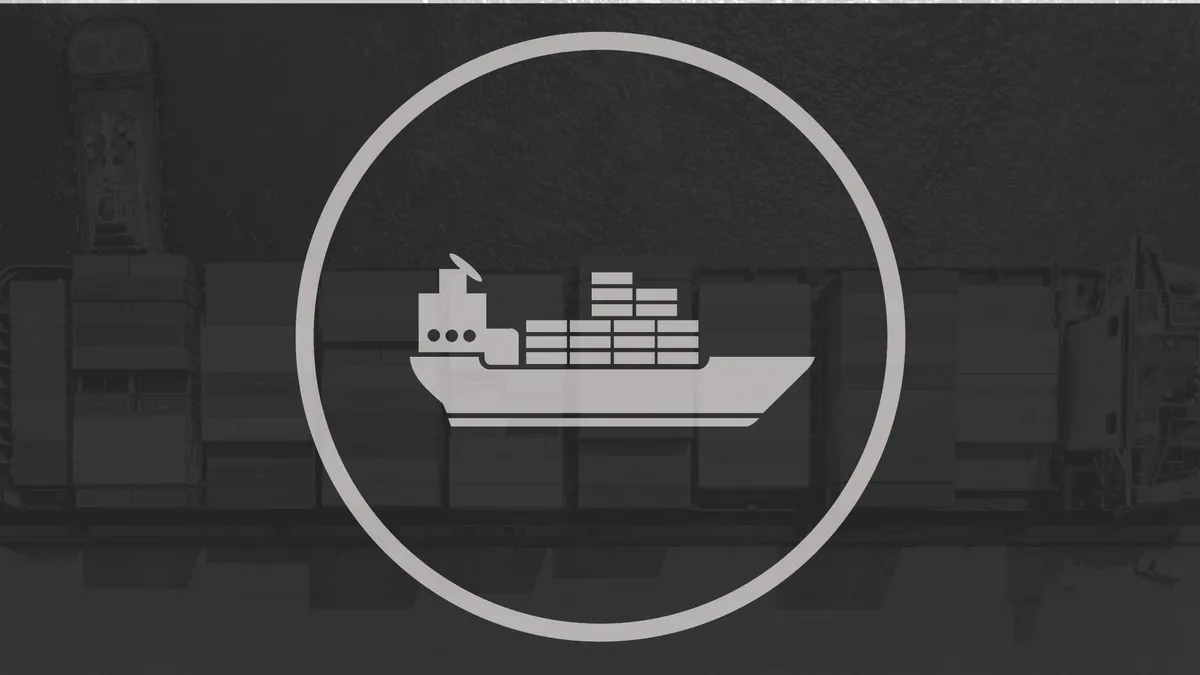Dive Brief:
- Loaded import volumes declined more than 13% year-over-year (YoY) at the Port of Long Beach and about 6% at the Northwest Seaport Alliance (NWSA) and Port of Oakland, according to June numbers released by the ports this month. These declines were enough to offset a more modest 3% increase at the Port of Los Angeles.
- The combined loaded import volume at the Ports of Los Angeles, Oakland, Long Beach and the NWSA was down more than 5% YoY in June.
- This sluggish volume is coinciding with a more than 5% decline in shipping rates from China to the U.S. West Coast while rates from China to the U.S. East Coast are up 12% YoY, according to Freightos data.
Dive Insight:
Long Beach placed the blame for this import decline squarely on the shoulders of the ongoing trade war between the U.S. and China and the tariffs imposed as a result.
"The story we saw develop in 2018 was retailers forwarding goods to beat tariffs," Port of Long Beach Executive Director Mario Cordero said in a statement. "For 2019, it seems that the cargo is all here and warehouses are filled. That’s disrupting container movement and the growth we would normally see this time of year."
Port of Oakland Maritime Director John Driscoll said the facility "remain[s] cautious" as peak shipping season inches closer, according to a press release. Driscoll did voice optimism about a YoY increase in export volume at Oakland.
"There's definitely a relationship between ... the increase in tariffs and the drop in TEUs, there's no doubt about it," Robert Handfield, the executive director of the Supply Chain Resource Cooperative at North Carolina State University, told Supply Chain Dive.
More than a third of S&P 500 companies have blamed tariffs from the trade war as a potential issue for profits on their second quarter earnings calls, according to CNBC.
Recent reports have placed low expectations on upcoming trade talks between the U.S. and China. This trade environment will be the "new normal" in the short term, Handfield said.
"I think people have been able to sort of dodge the bullet here for a little while," he said. "But my sense is it's not going to go on forever, and it's likely going to happen at some point where it's going to impact the economy and prices. I think consumer prices are definitely going to go up as a result of that."














